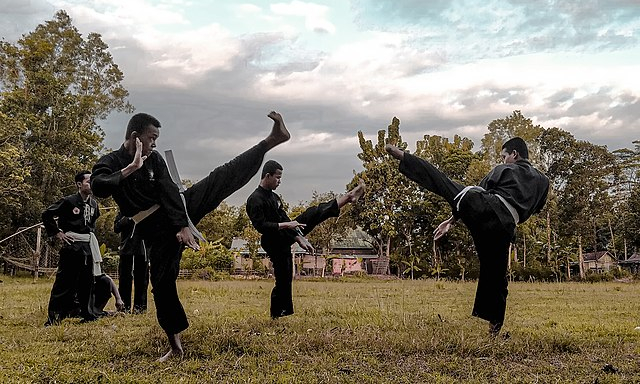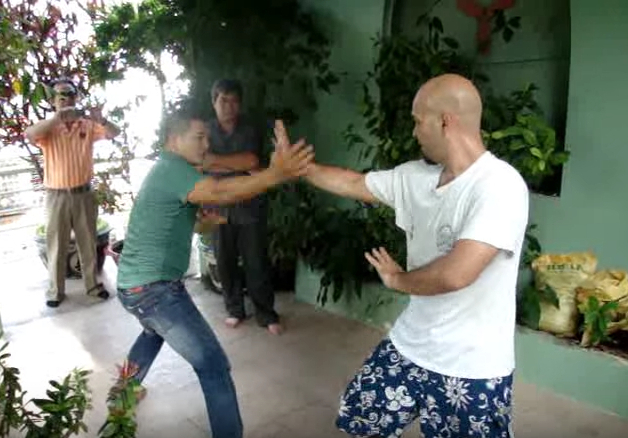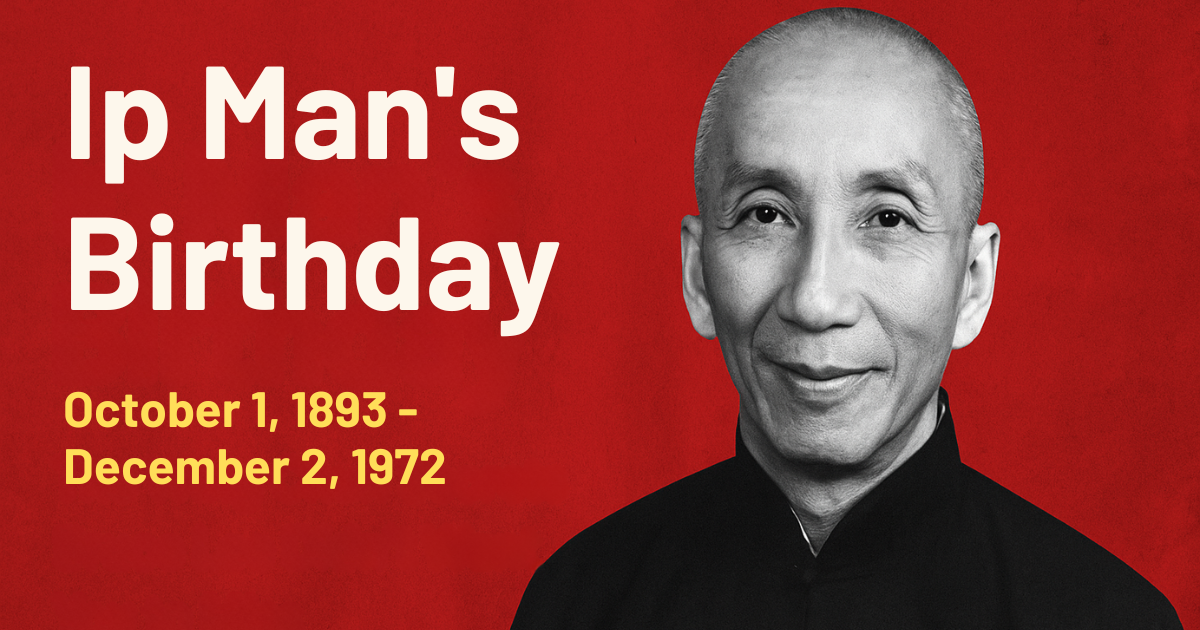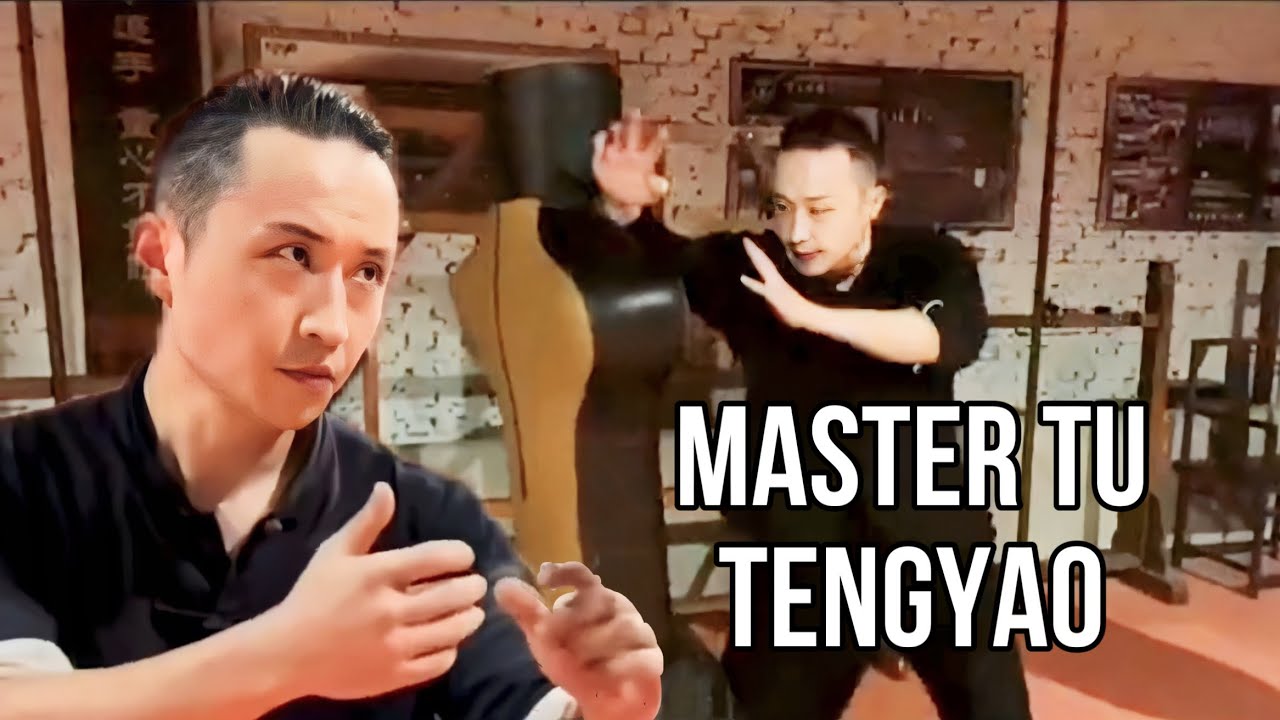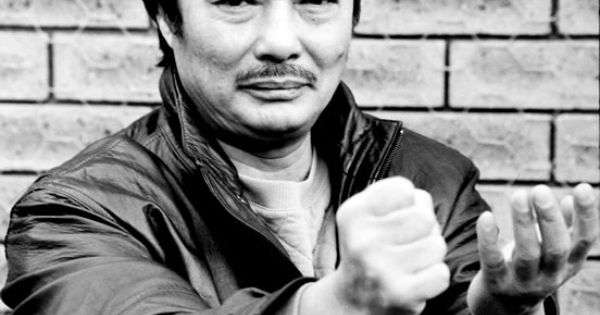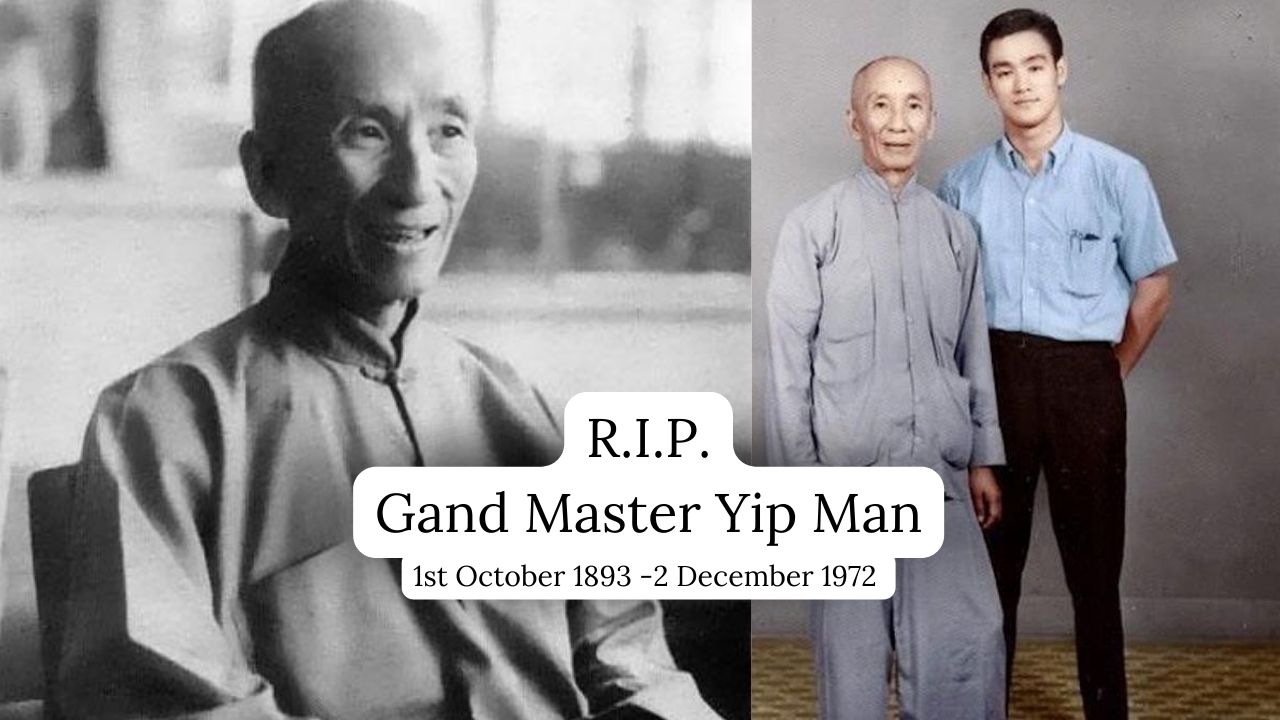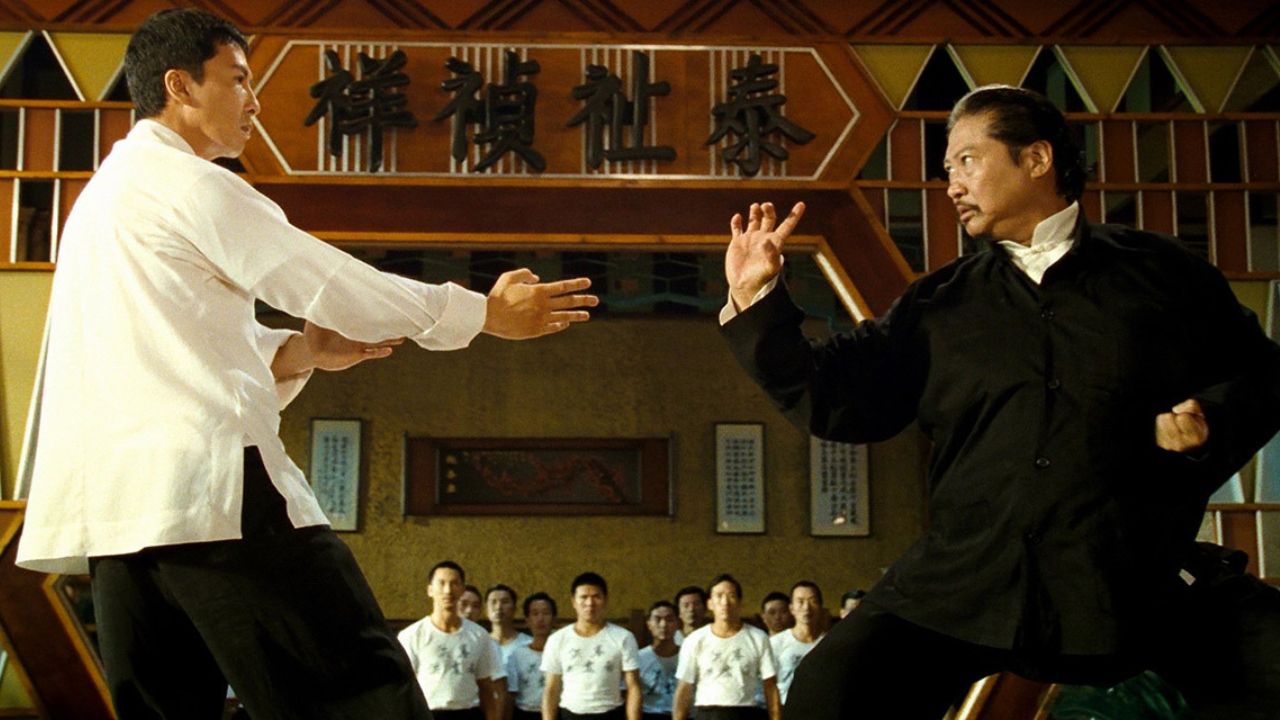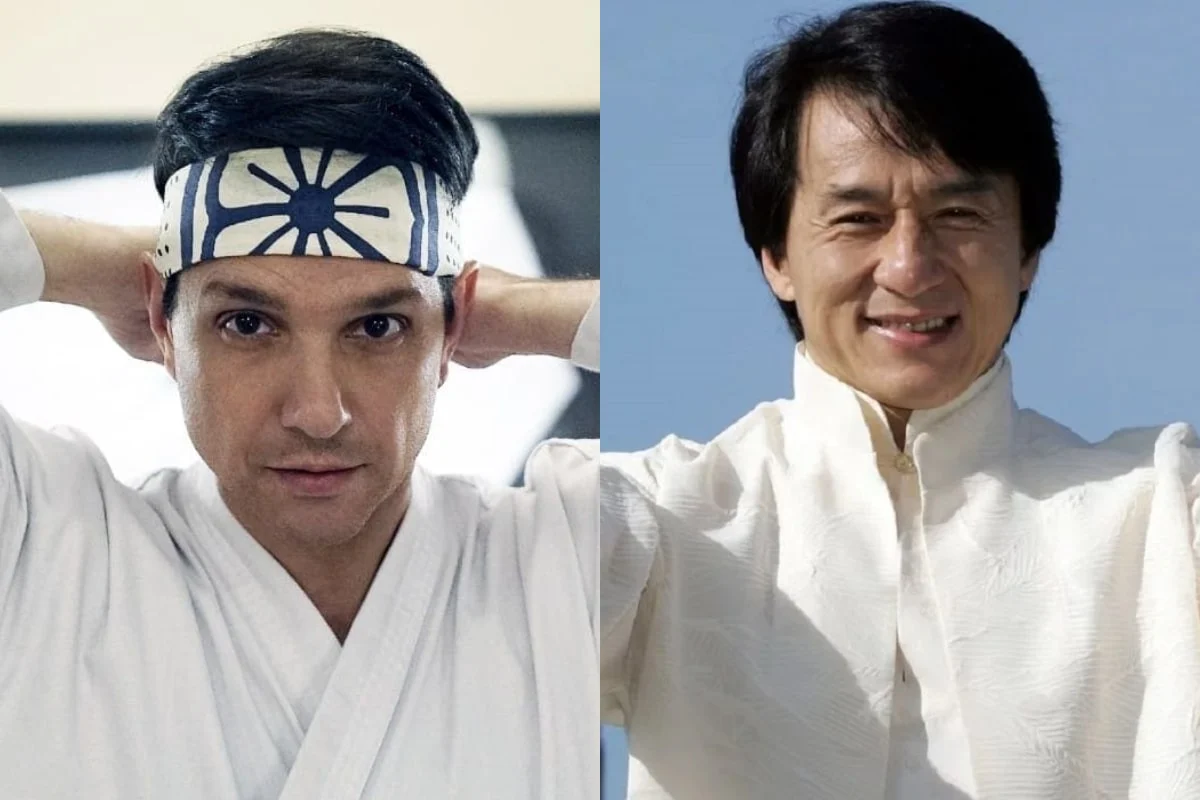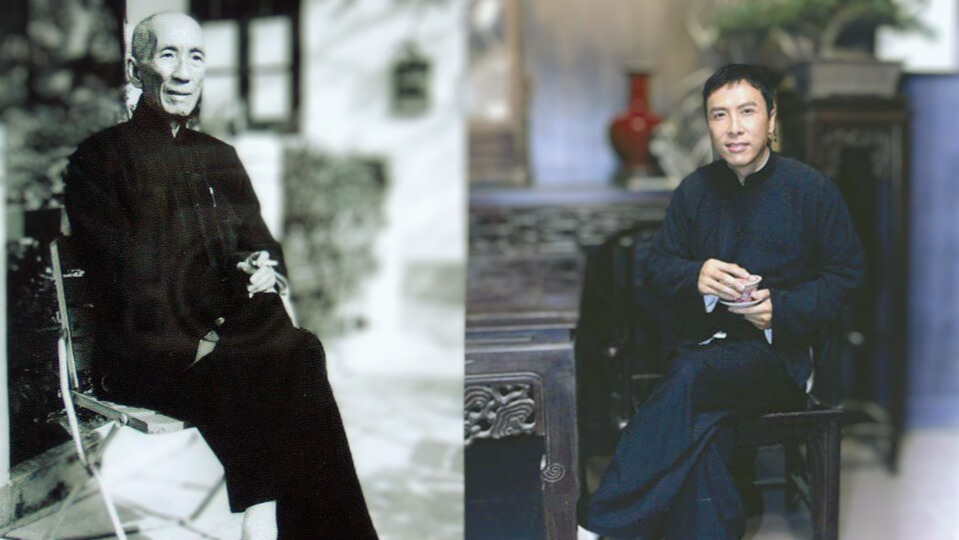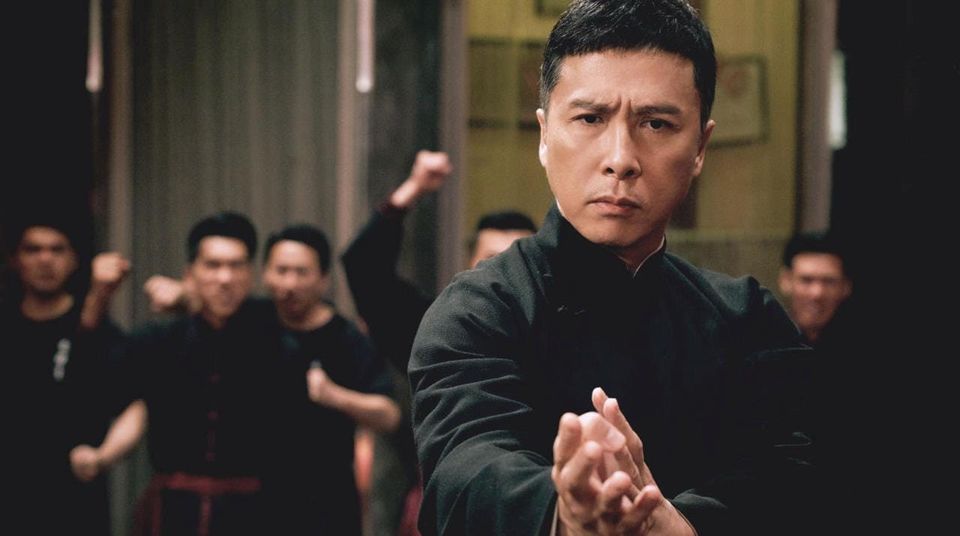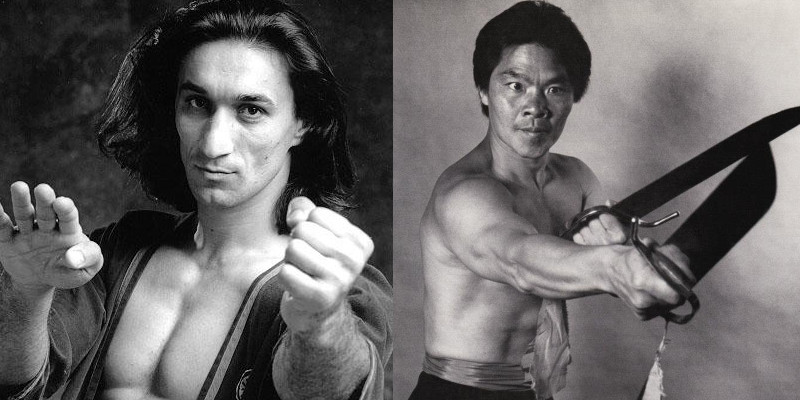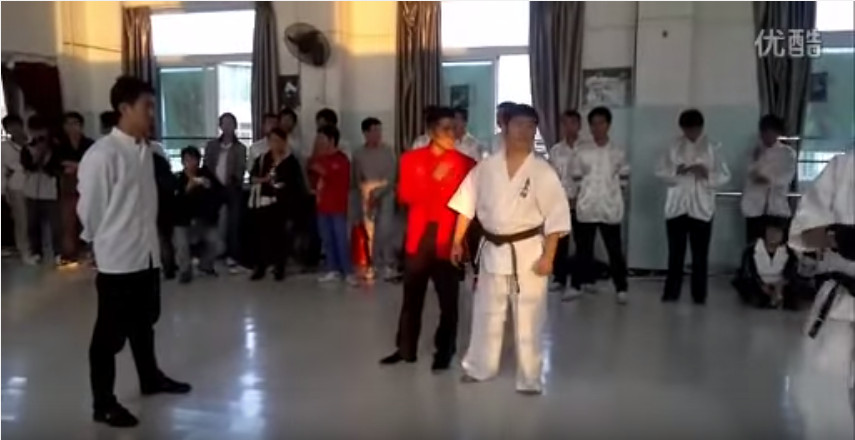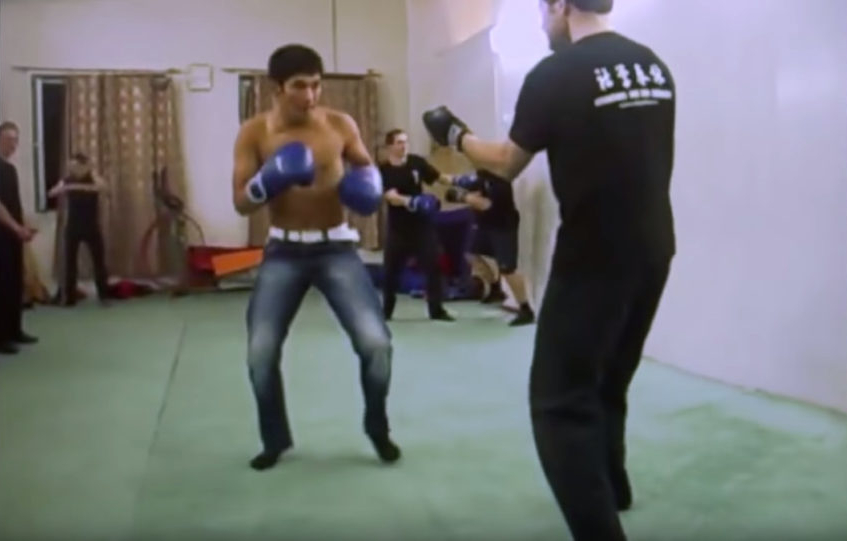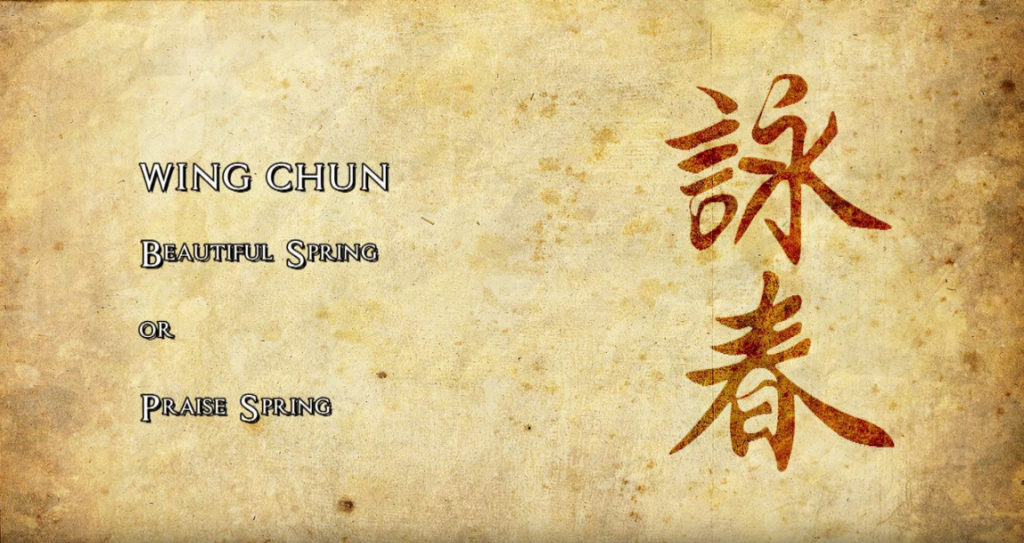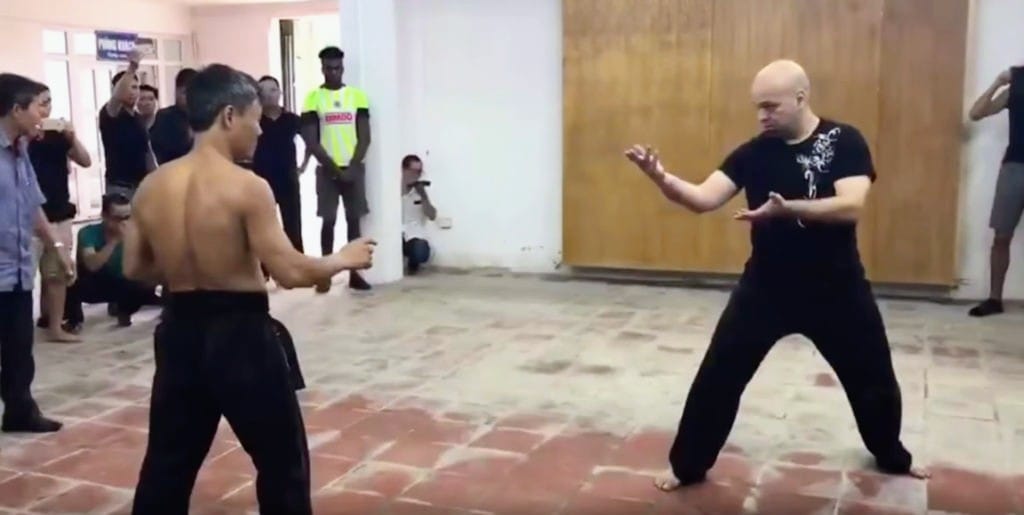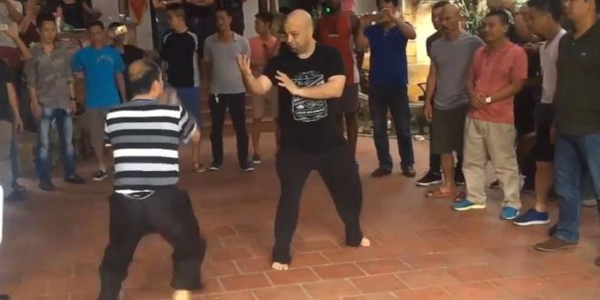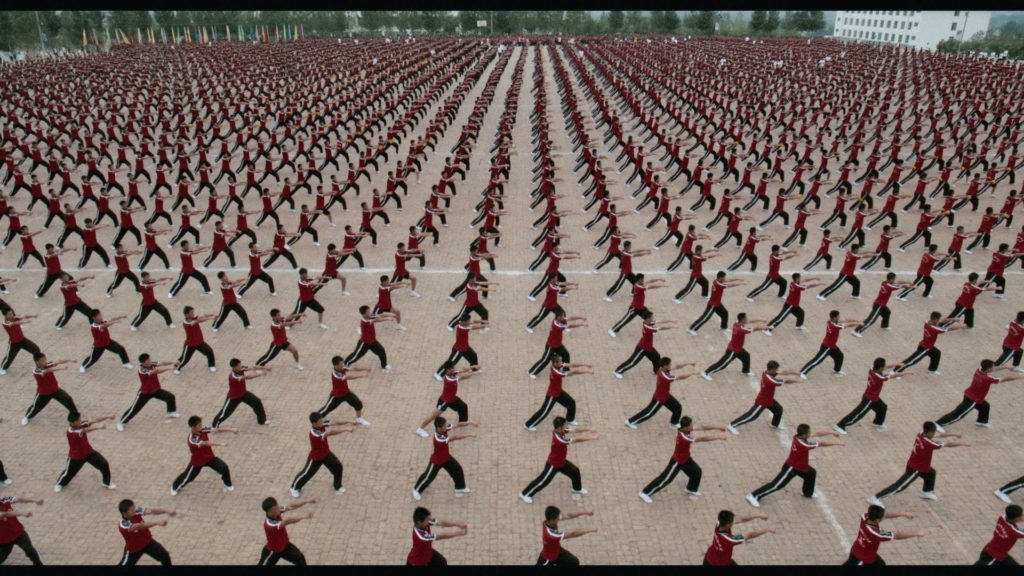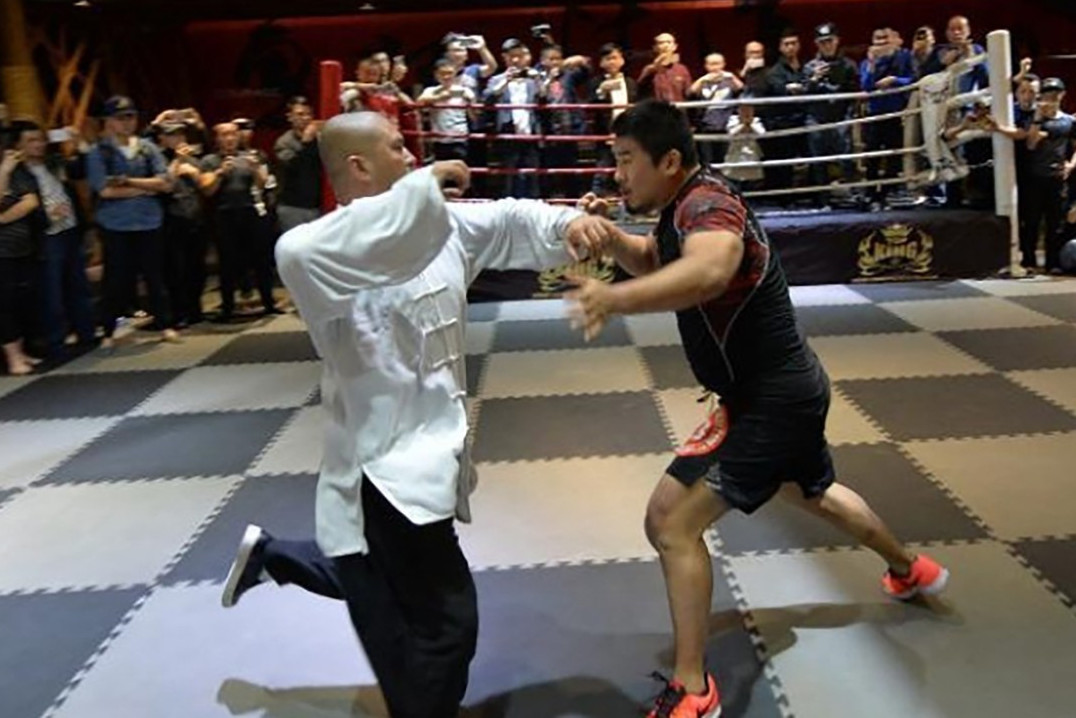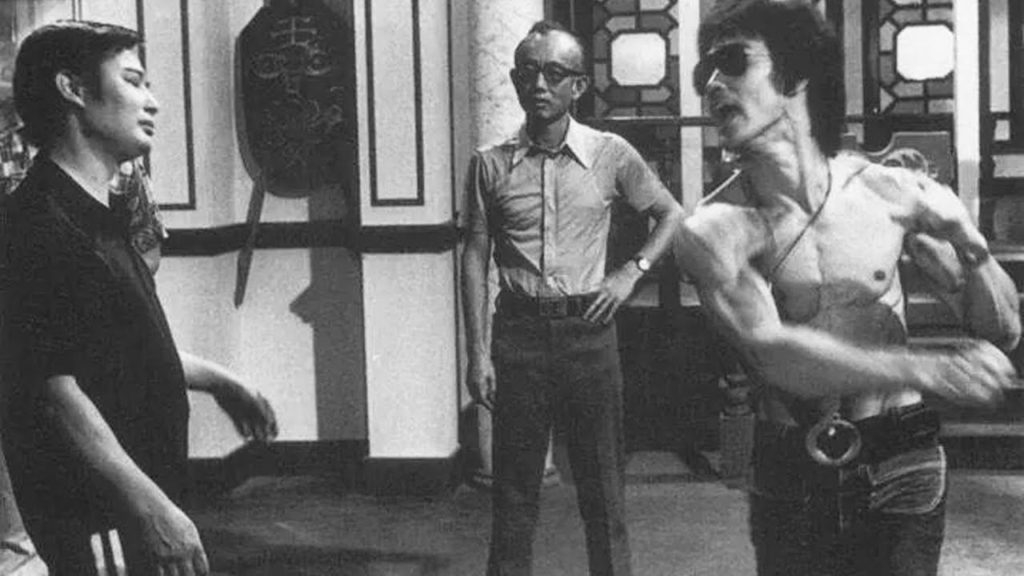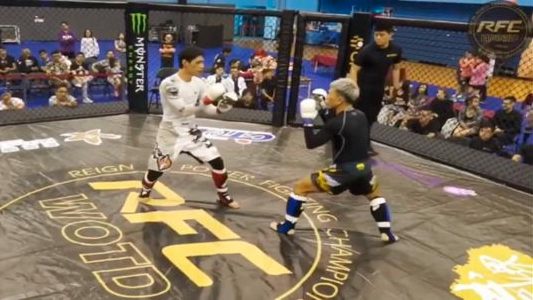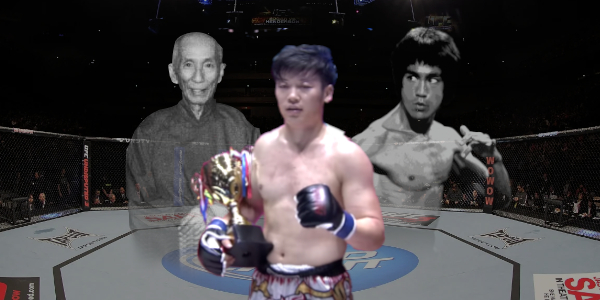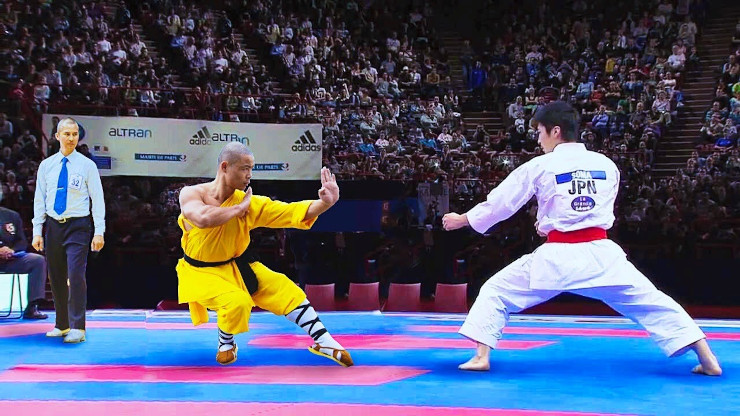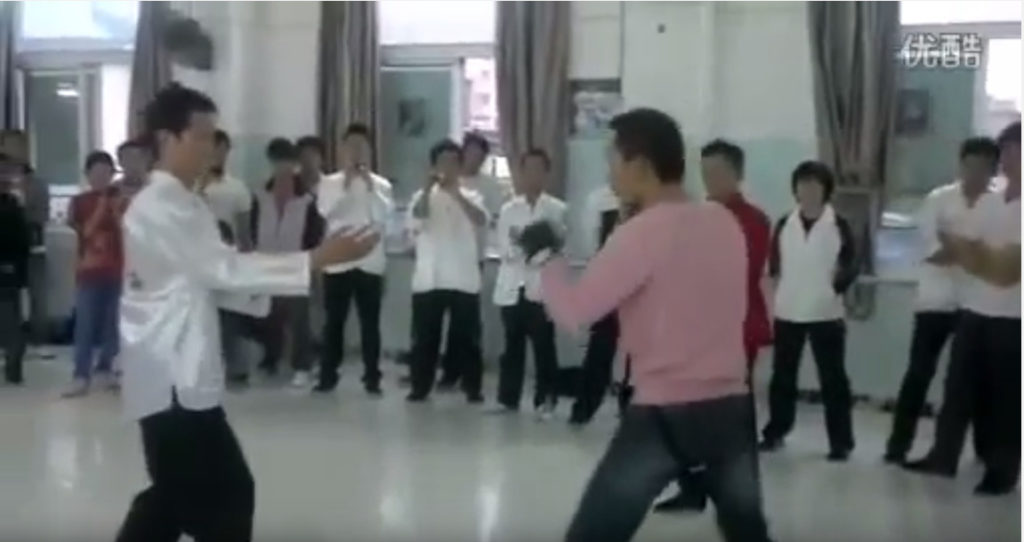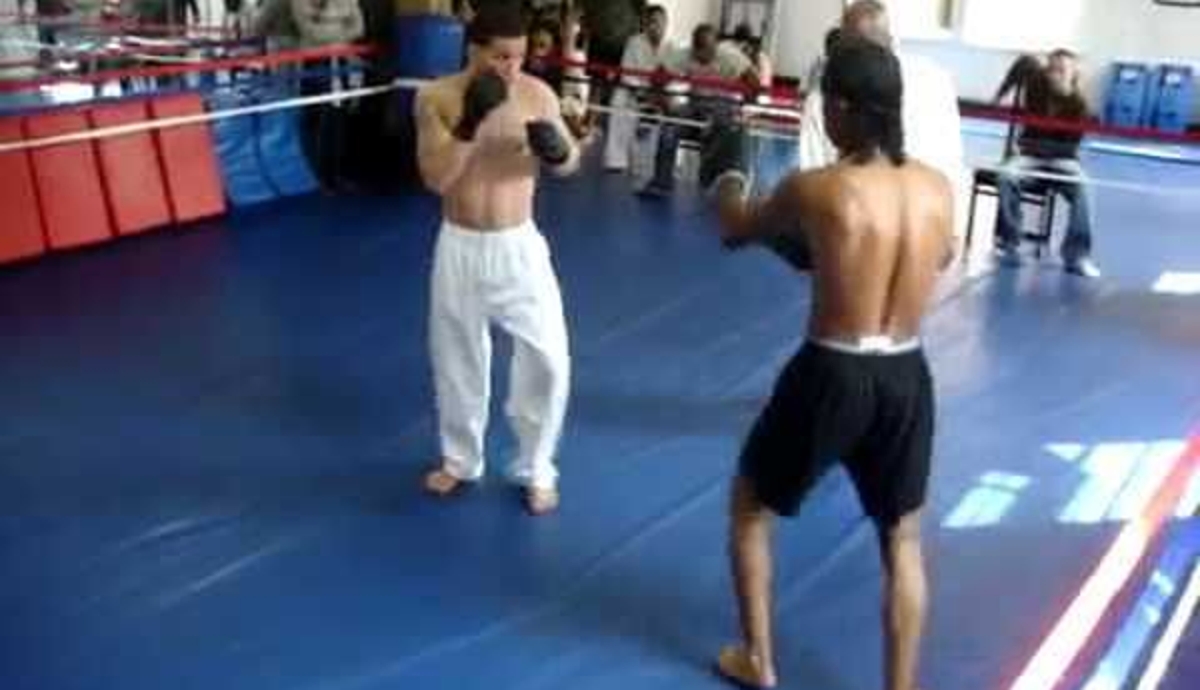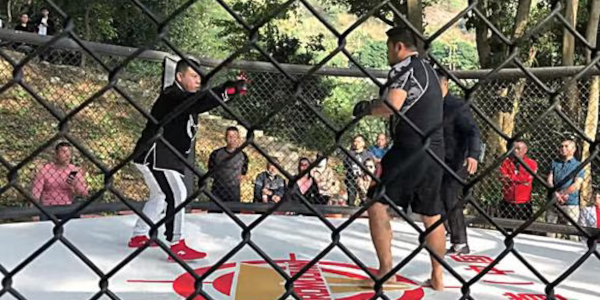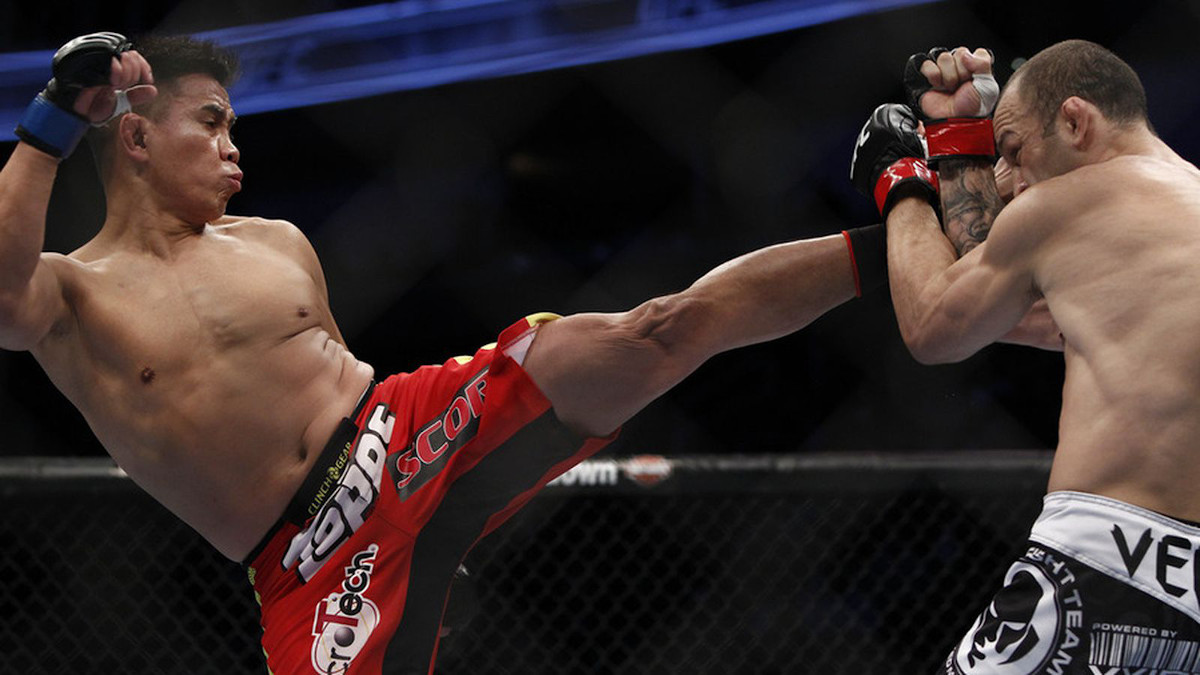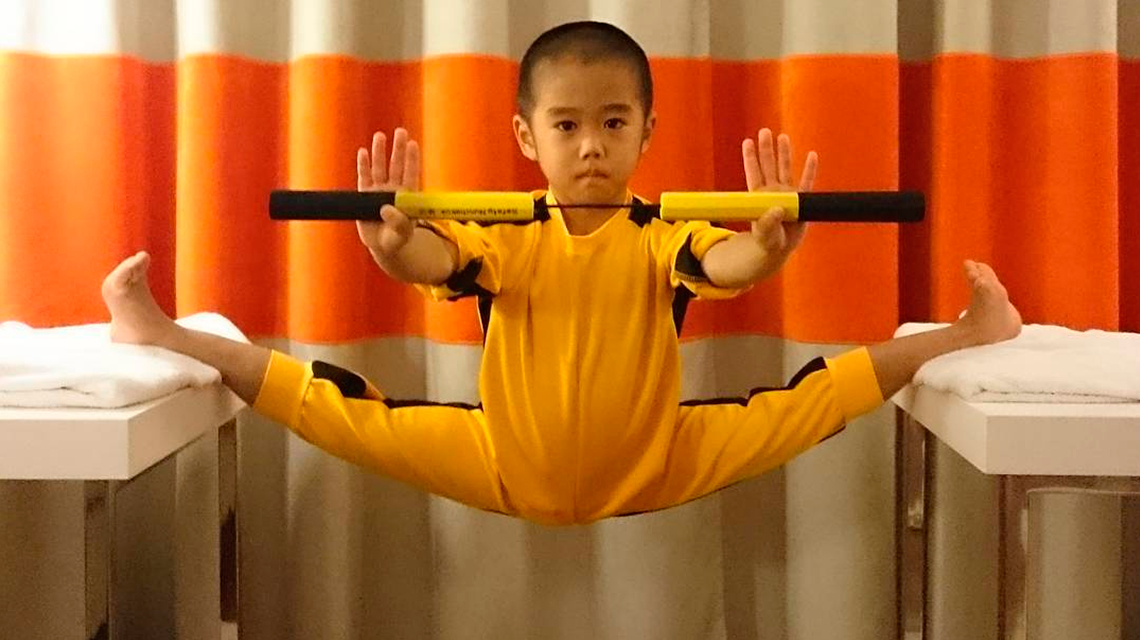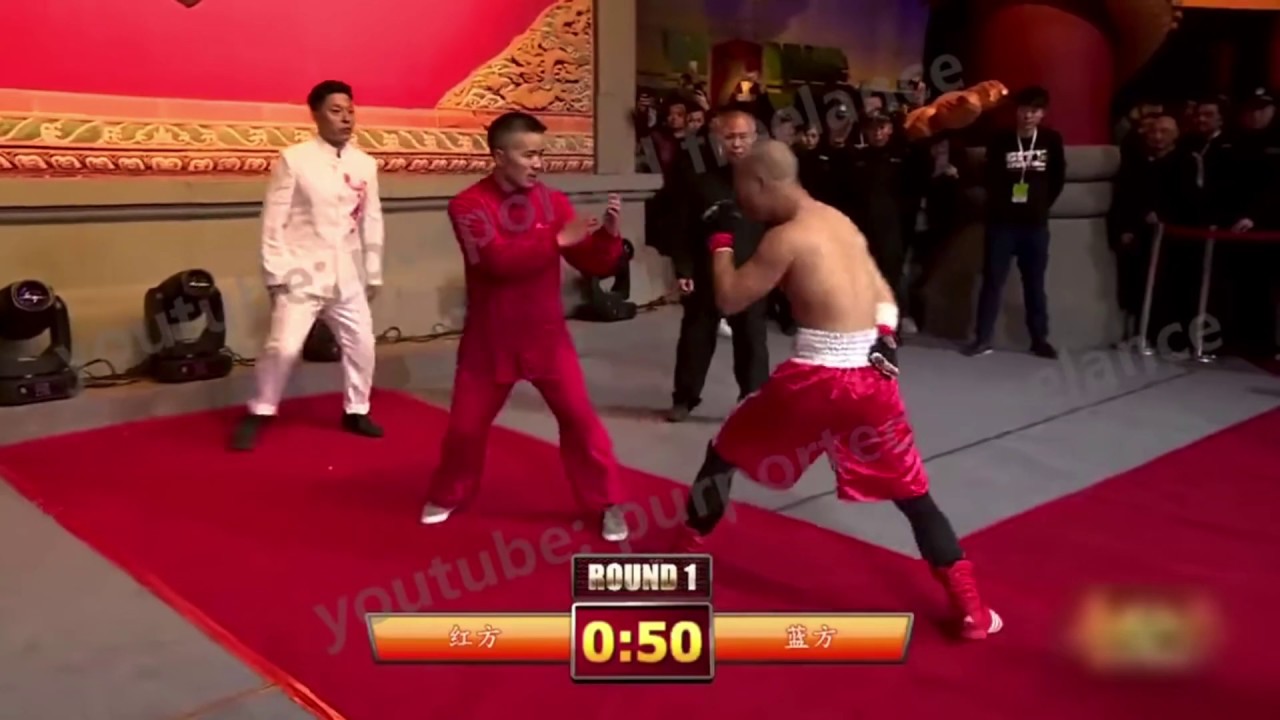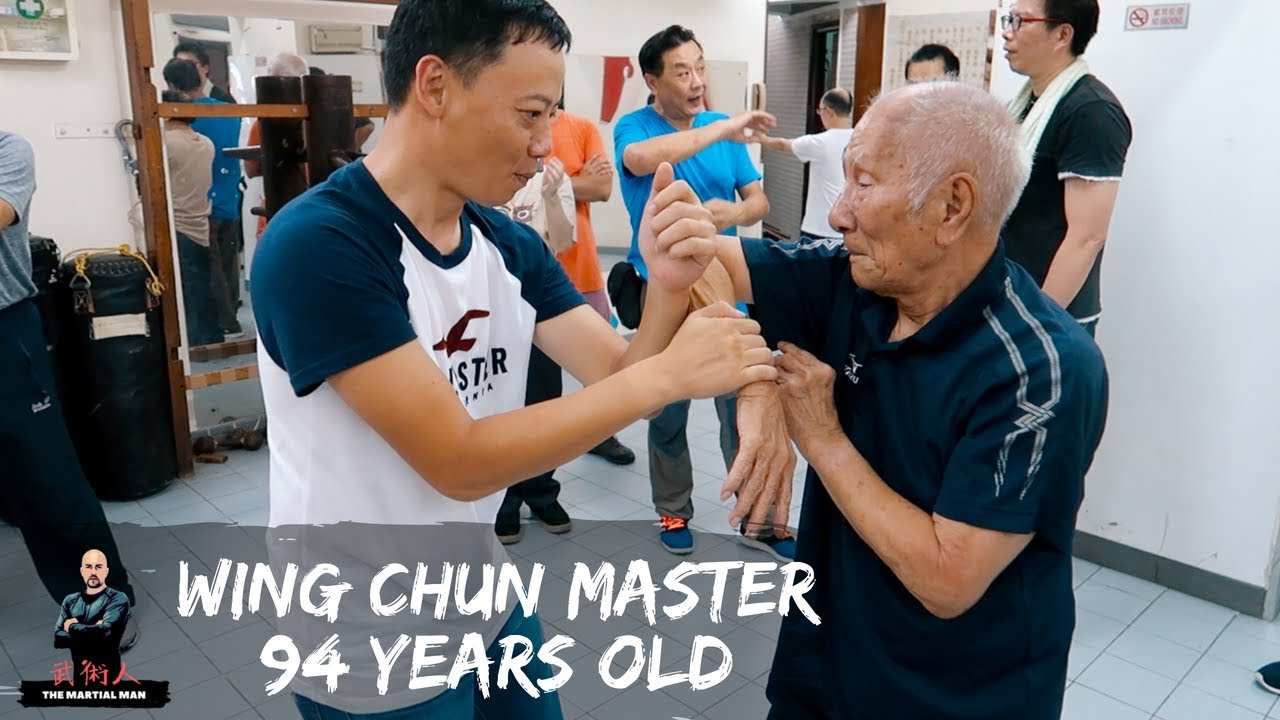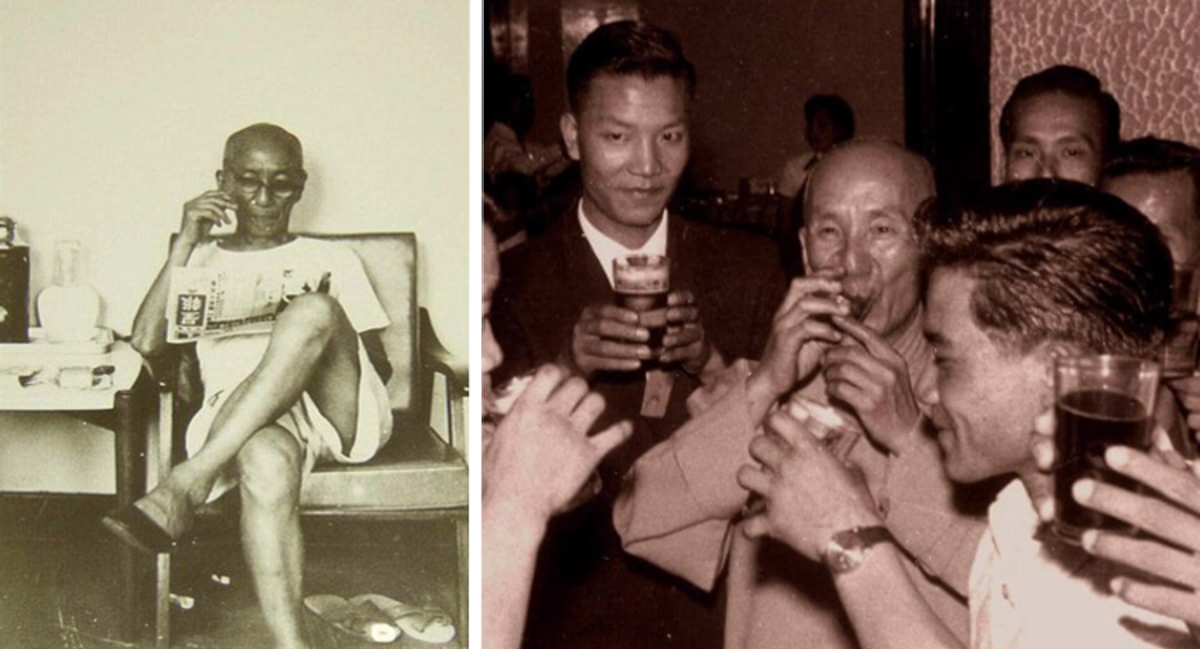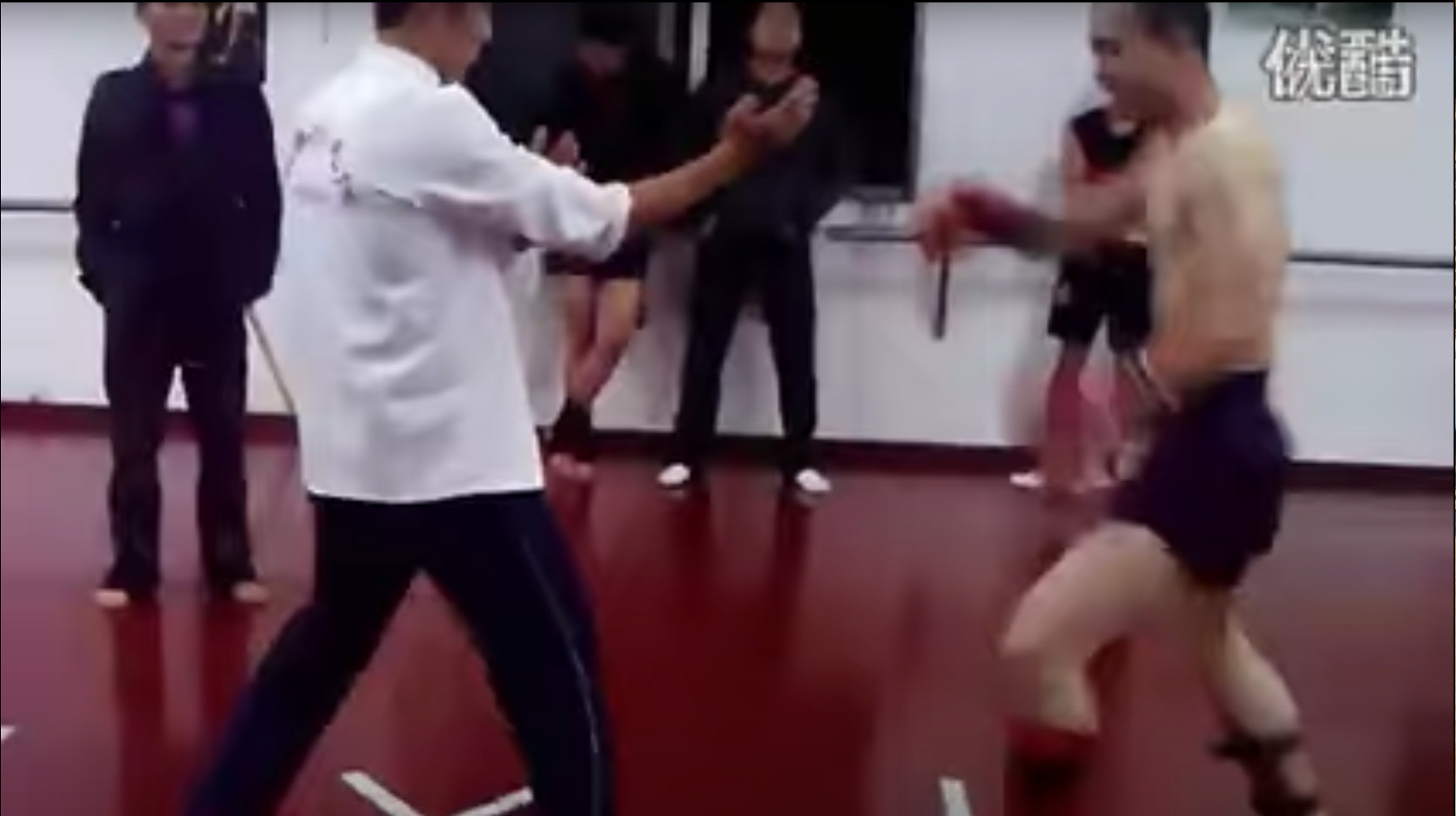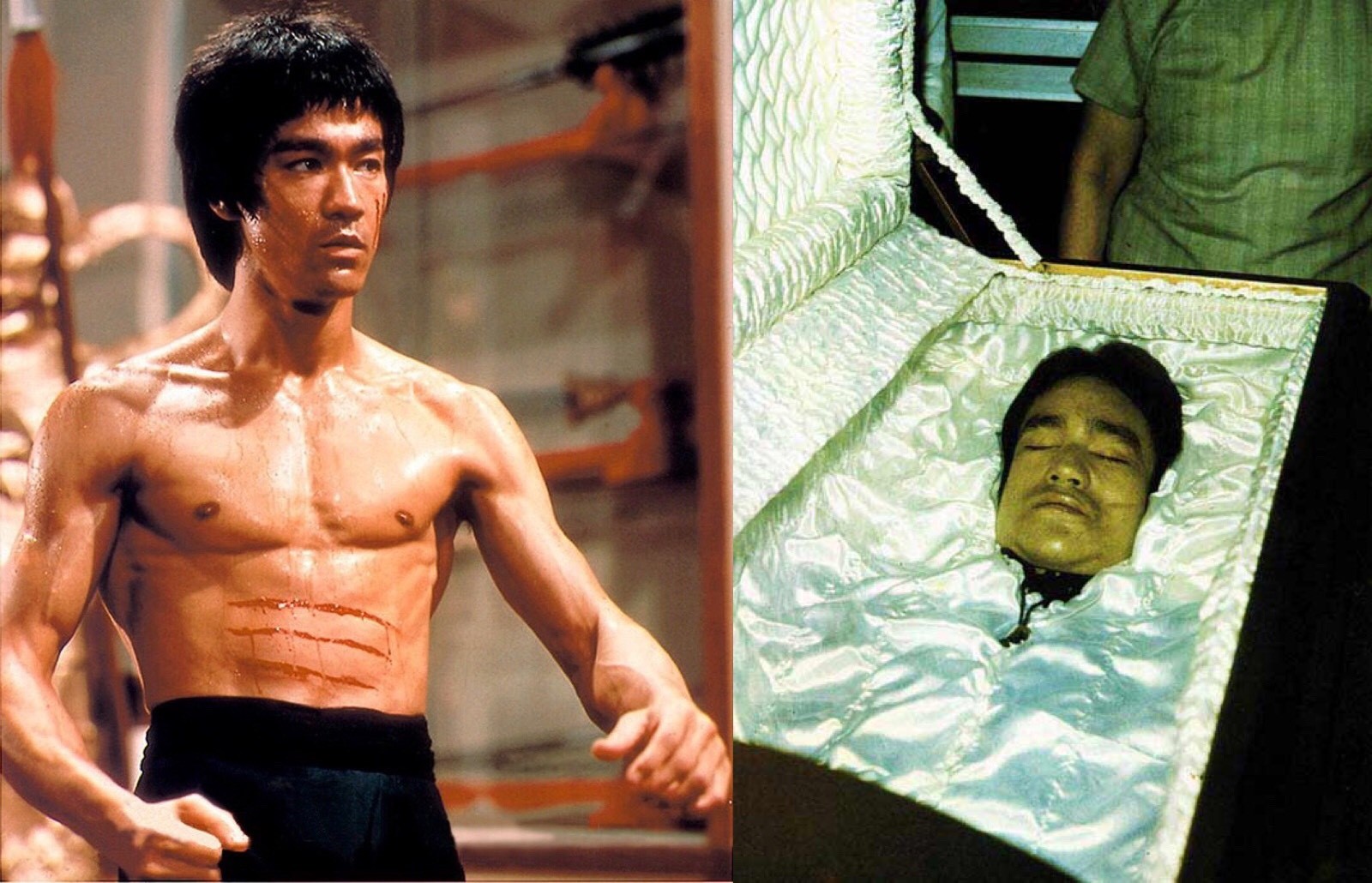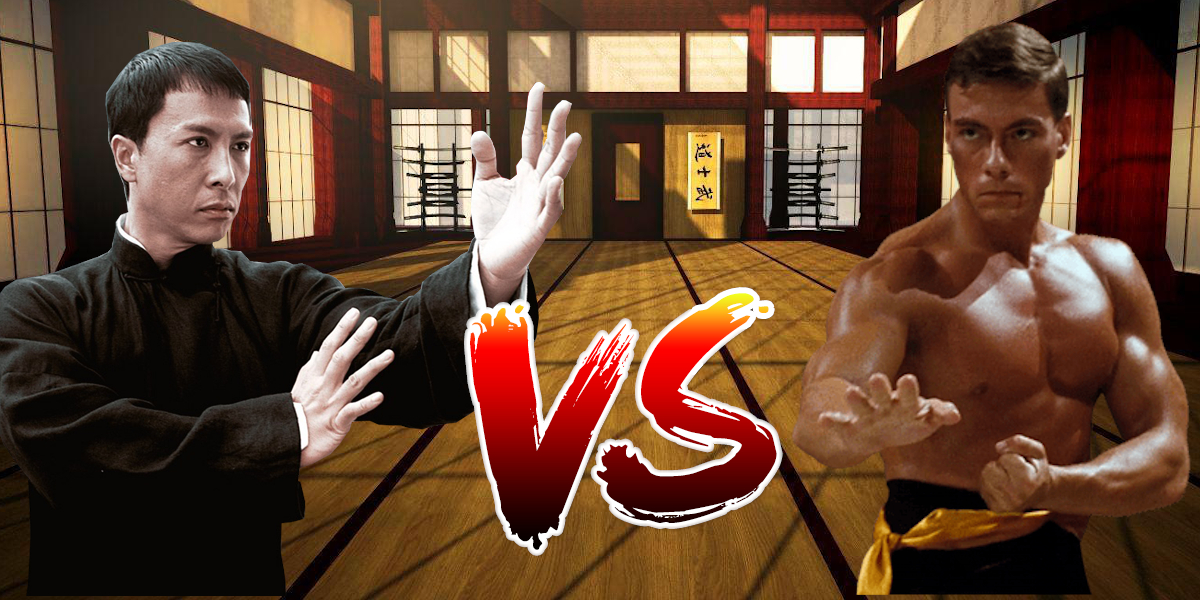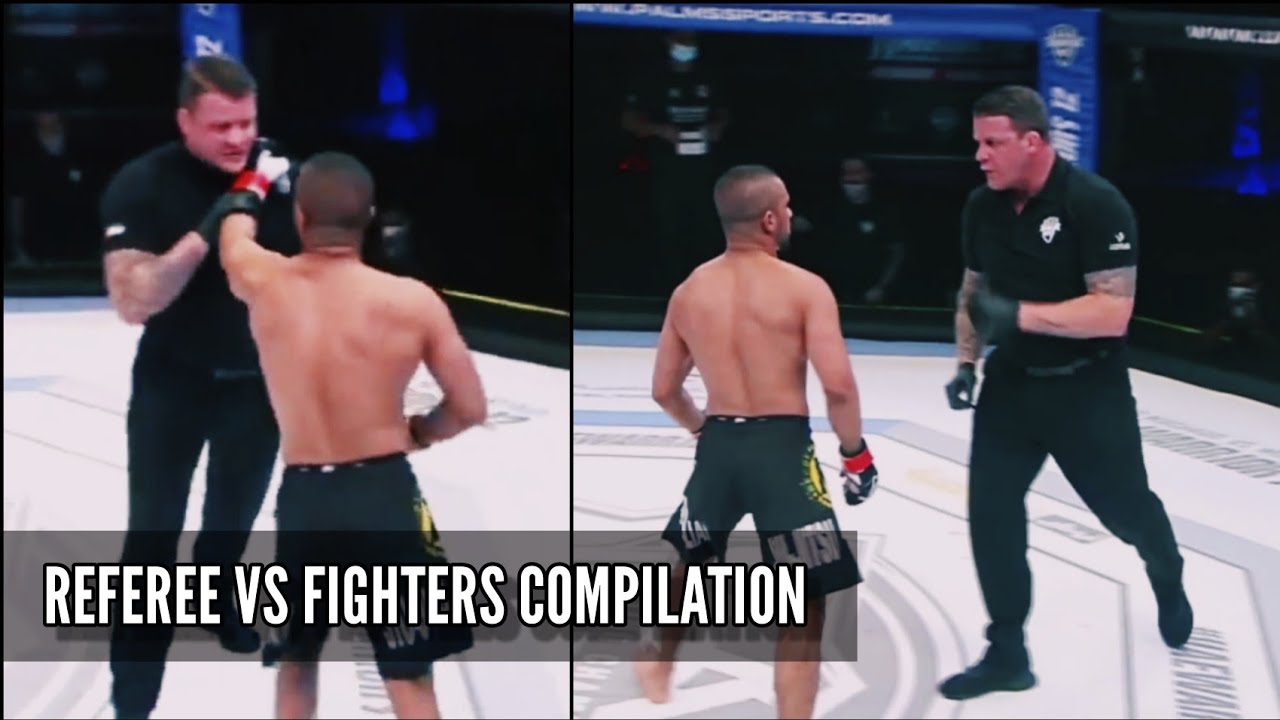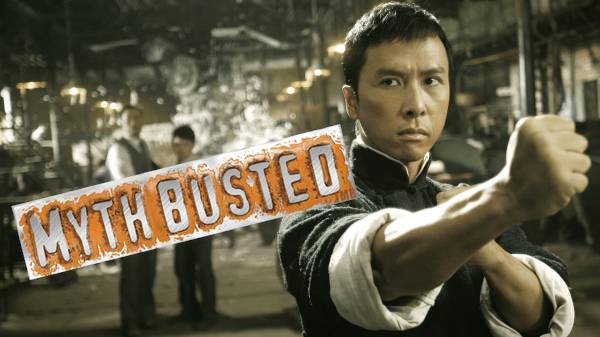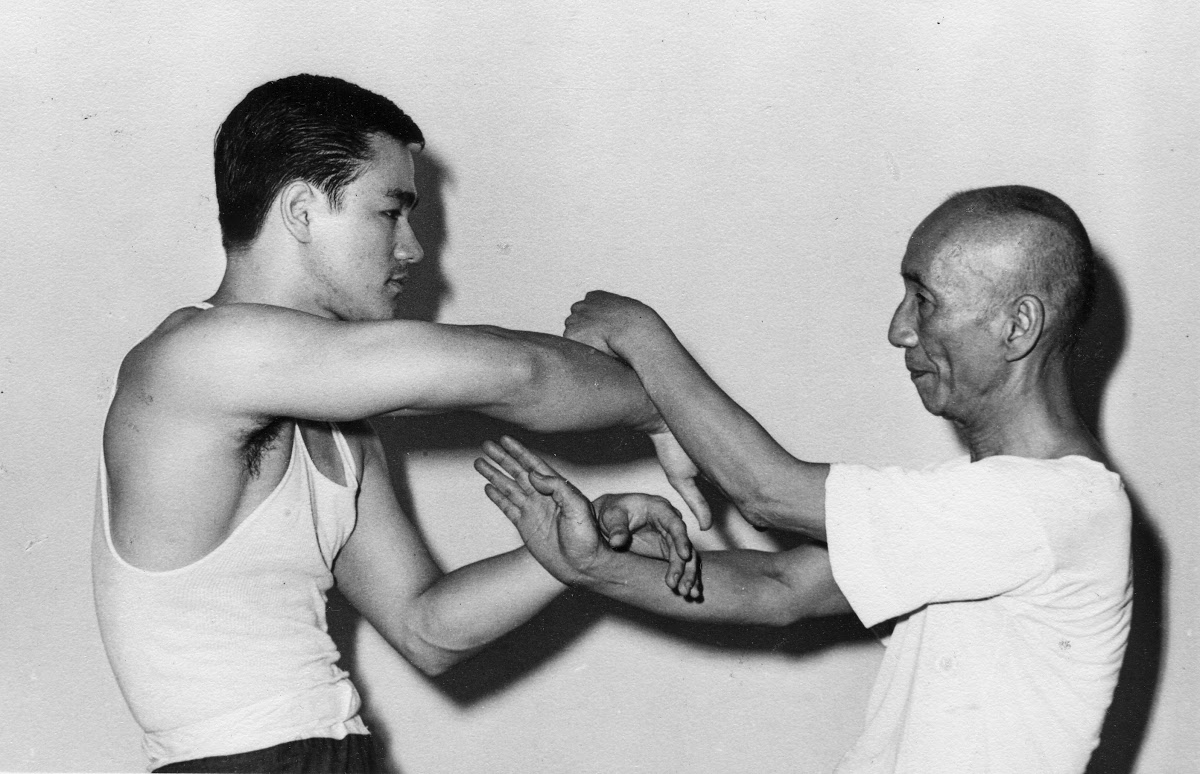Wing Chun vs Pencak Silat MMA Fight
Reading time: 5 minutes
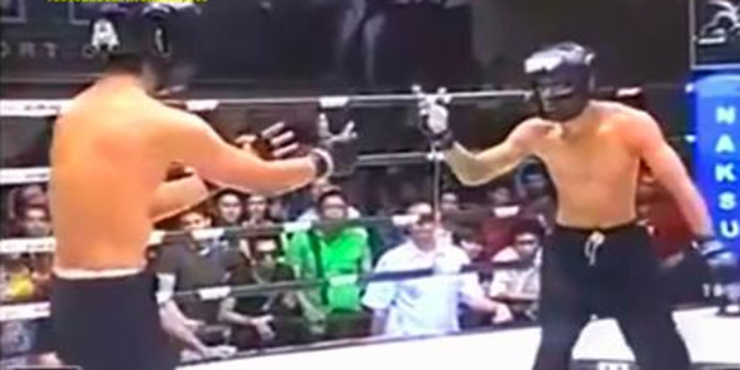
It is not daily that we get to observe two traditional martial art purists engaging in a legitimate, all-out battle, yet these two were more than ready to put their training and strategies to the test against one another at this Thai mixed martial arts event in 2011 in a Wing Chun vs Pencak Silat match. In order to explain things since the video isn't in English, the man wearing shorts is the Wing Chun specialist and the other one wearing pants has a Silat foundation.
Wing Chun vs Pencak Silat
The two go into the ring and perform a bit of dramatization as they feature their martial arts, yet when the bell finally rings at 1:55 in the video, the two quickly go head to head in numerous turbulent exchanges. I won't ruin the remainder of the battle before you watch it, however before viewing the video, give your forecast on who will win in the remarks beneath!
Pencak Silat
Silat is a collective word for a class of local martial arts from a Geo-cultural area of Southeast Asia including the greater part of the Nusantara, the Indonesian Archipelago, the Malay Archipelago, and the whole of the Malay Peninsula. Initially created in what are presently Indonesia, peninsular Malaysia, south Thailand, and Singapore, it is additionally customarily rehearsed in Brunei, Vietnam, and the southern Philippines.
There are many diverse styles and schools, however, they will in general concentrate on strikes, joint control, throws, weaponry, or some blend of these.
Two very different styles

Wing Chun and Pencak Silat seem to have the same main purpose, which is quick striking and disabling of the opponent. However, their method of execution is fairly different.
In fact, Wing Chun is more focused on the short-distance fight with complete punch techniques and simple kicks. It has no grappling techniques whatsoever, because of the way the style is structured, the encounter should be finished by the time the fight goes down to the ground.
This is probably because Wing Chun was born as a practical striking method, not as a competition sport.
Pencak Silat on the other hand, from a sports perspective, seems a little bit more complete. Along with many stunts also the fight on the ground is covered.
Wing Chun vs Pencak Silat - the MMA Match
Wing Chun and Pencak Silat are two martial arts that have vastly different histories and techniques. Wing Chun originated in China and is a close-range combat style that focuses on rapid strikes and counterattacks. Pencak Silat, on the other hand, originated in Indonesia and is a more comprehensive martial art that includes striking, grappling, and weapons training. So, when Wing Chun and Pencak Silat go head to head in a Mixed Martial Arts (MMA) match, what can we expect to see?

Both styles have unique strengths and weaknesses, and it can be an exciting battle for the audience. The Wing Chun practitioner will need to rely on their technique and speed to take out the Pencak Silat fighter, while the Pencak Silat fighter will need to use a wide range of techniques to counter the Wing Chun fighter. Let's take a closer look at how these two martial arts compare when pitted against each other in an MMA match.
The competition
So, taking in mind the general considerations about the two martial arts that we said before, it is easy to analyze how the two athletes approached the fight.
Wing Chun practitioner (on the left corner) was primarily focused on the upper body and went in mostly with punches.
On the other hand, the Silat practitioner wasn't afraid to use also many kicks for long-distance attacks. And, as we said before, he ended the match with something ordinary in Silat, down on the mat.
Stay updated for the latest news
Are you a Wing Chun or other related martial arts fan? That's great because now you can stay updated with the latest news with our daily mail newsletter. How? It is very simple. You just need to fill in your email address here below and you'll be updated every day on what you've been missing while you weren't surfing on the net.
Thank you for reading and stay awesome
Have a nice Wing Chun
Thank you. Your comment will be approved shortly.
Comments
Thank you. Your comment will be approved shortly.
Thank you. Your comment will be approved shortly.
Thank you. Your comment will be approved shortly.
Thank you. Your comment will be approved shortly.
Thank you. Your comment will be approved shortly.


